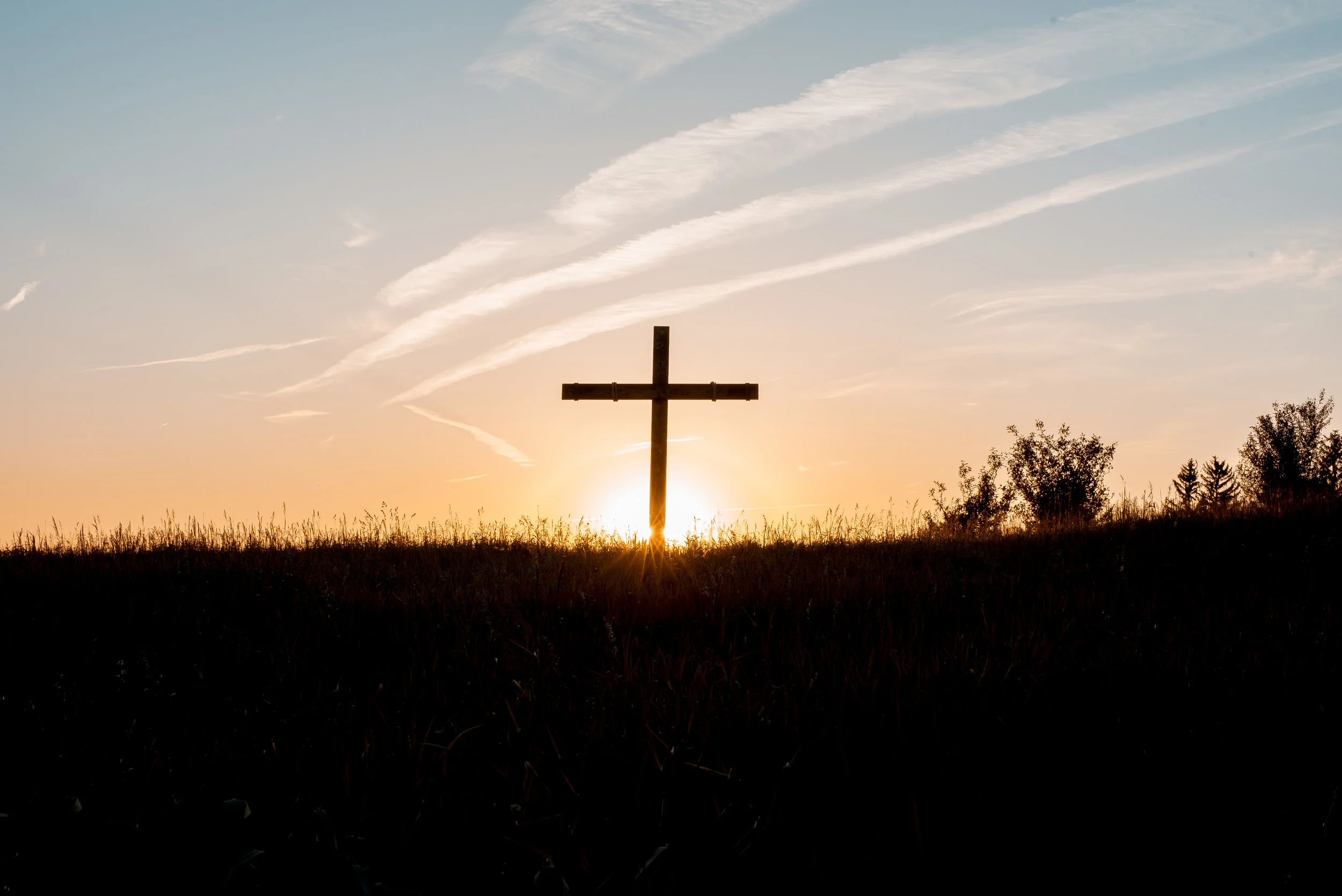the good news
/It’s dark. I can only see my fellow humans as dim, shadowy shapes in a sick reddish light. I hate them, and at the same time I cower among them, using them as a fleshly shield against the pain that never lets up. I’m so used to it now that I have almost grown numb: the moment-by-moment stings of my master’s cruel prod, which I can’t stop running into even though it hurts every time. It’s like a drug, destroying me even as it wraps me tighter in its grip, and I know there is no hope. This is my existence. This was yesterday, this is today, this will be tomorrow. Darkness. Pain. The haunting, but somehow also stupid, moans of the bodies around me as they, too, endlessly run back into the stinging prod.
Every once in a while, I’ll watch blankly as one of these human shapes strikes down another in a cold rage. Death is a near and familiar companion. Sometimes it almost seems like a friend.
What’s that? Something breaks up the endless chaos of red and shadow. It’s white, even brilliant–it hurts my unaccustomed eyes, piercing straight through me like a knife-beam of light, a thing I have never seen. I blink, but it’s still there, getting closer and bigger and spilling radiant white light over this shadowy valley of death. The bodies around me crush in and scatter like rats, desperate to avoid revelation, desperate to hide from whatever it means to be seen. I instinctively cower back, too, even though I can feel the prod sink into my spine. It’s too bright. It’s too much. I can’t see. I cover my face with my hands and fall facedown on the ground, stumbling over the bodies of the dead, thinking that if only I can be dead, too, I will be spared this probing, blinding light–whatever it is.
Then there’s a voice.
It’s no voice I have ever heard. It doesn’t hiss or snarl, like my masters. It doesn’t moan, like my fellow humans. This voice thunders.
“Get up! You, follow Me!”
I am shaking uncontrollably, but this is a command that overpowers every instinct of self-preservation in my body. I instantly rise to my feet. Still shielding my face from the light, I look up, seeking the Source of this voice.
And in that moment the light shifts from blinding to brilliant. I can see. I can see Him. He is a King, a Conqueror, riding astride a white horse. He wields a sword, but the blade is clean; only his robes are dripping with blood–blood that seems to have come from a wound in His own side, from scars in His own hands.
There are words written into His robe. “KING OF KINGS, AND LORD OF LORDS.”
He rides forward until I can feel His horse’s breath on my neck. I am still shaking, but I can’t move–can’t so much as bow my head. It’s as if, by seeing Him, I can suddenly see myself clearly.
And I am dead. Dead in my trespasses and sins. I cannot escape this hell that I live in or this master of sin and death that I serve. The pain that I was numb to moments ago is now excruciating, and it’s only sheer terror that keeps me from writhing in agony in His presence.
As if separated from my own body, I am vaguely aware that He has leaned down and taken my hand in His, and somewhere in the recesses of my mind I become conscious of the bloody hole in the middle of His palm.
He speaks again at last, but this time, His voice is as gentle as a rippling brook. “Little girl, I say to you, get up.”
And there falls away from my eyes something like scales. My vision becomes clear for the first time in my existence. I can see the massive army behind the King, a cavalry all clothed in white. And I realize why He is here: to win this dead hellscape for His kingdom. I can either surrender or die.
And I have already been dead once. Whatever this King might do to me, I would rather be on His side than return to the reign of death.
“I surrender.”
Instead of binding my wrists and banishing me from His presence, wretch that I am, I hear Him give orders that I be clothed in white and given a mount. The whole army breaks into cheers of celebration, and I feel tears of what must be joy stream hot down my face as the embrace of what must be love wraps around my soul. I am alive, and I am at peace. I am His.
I fall into the ranks of the rest of the army. We are forward-bound behind our King, spilling the light into more dead and dark places, gathering up everyone who will surrender on our way and welcoming them into what must be a family.
My King has come, and He is taking back all Creation from the power of sin and death. My allegiance is to Him now—Him alone. Hallelujah.





